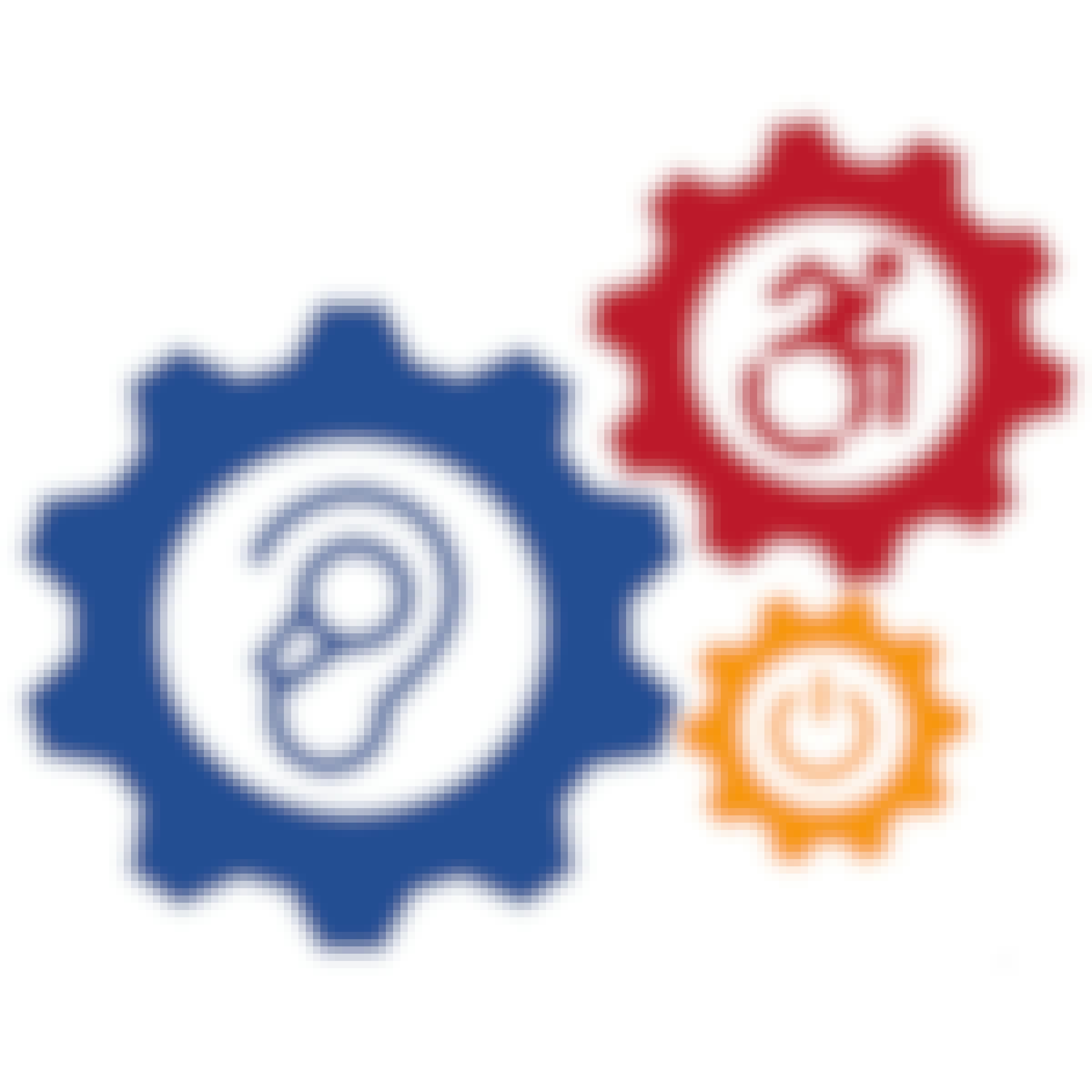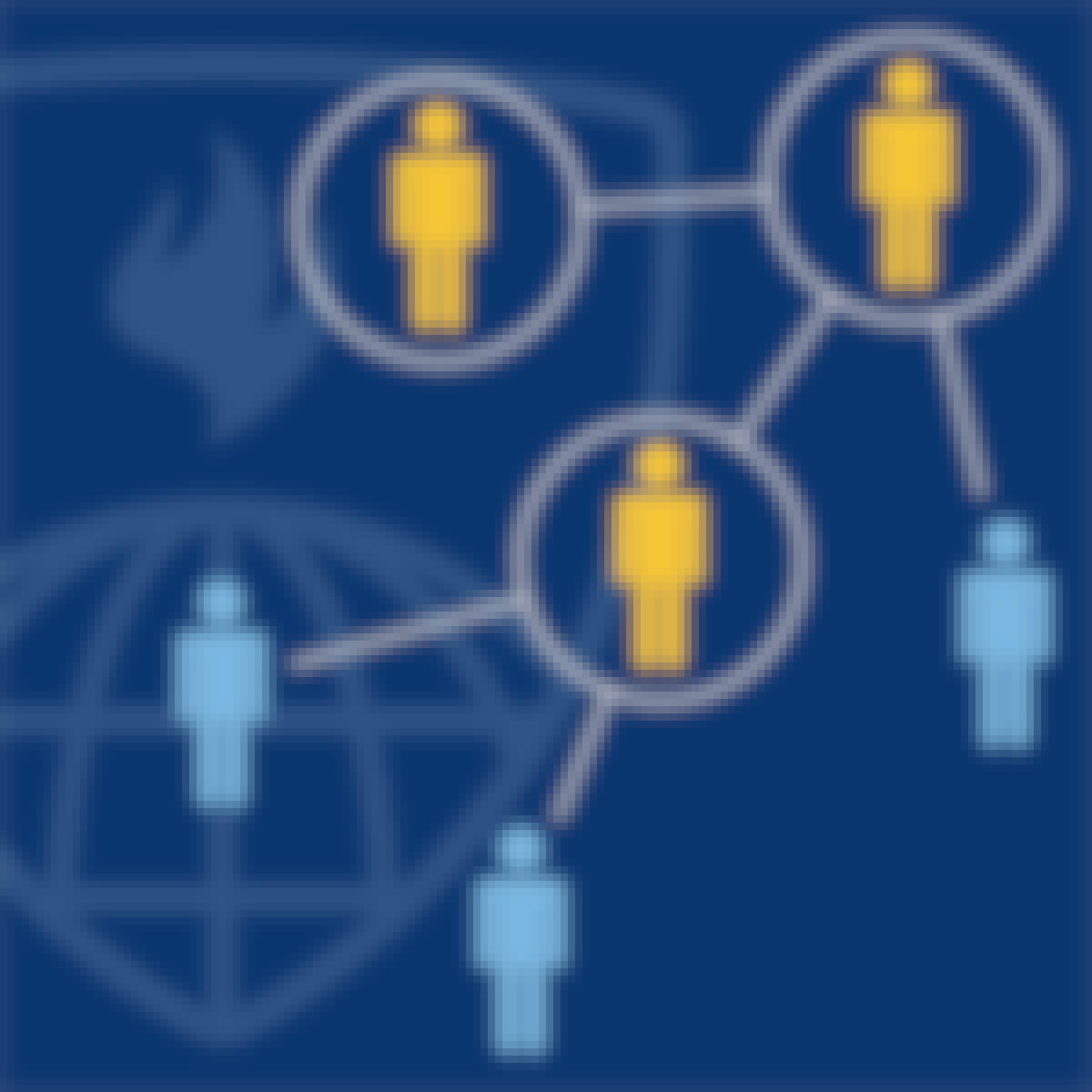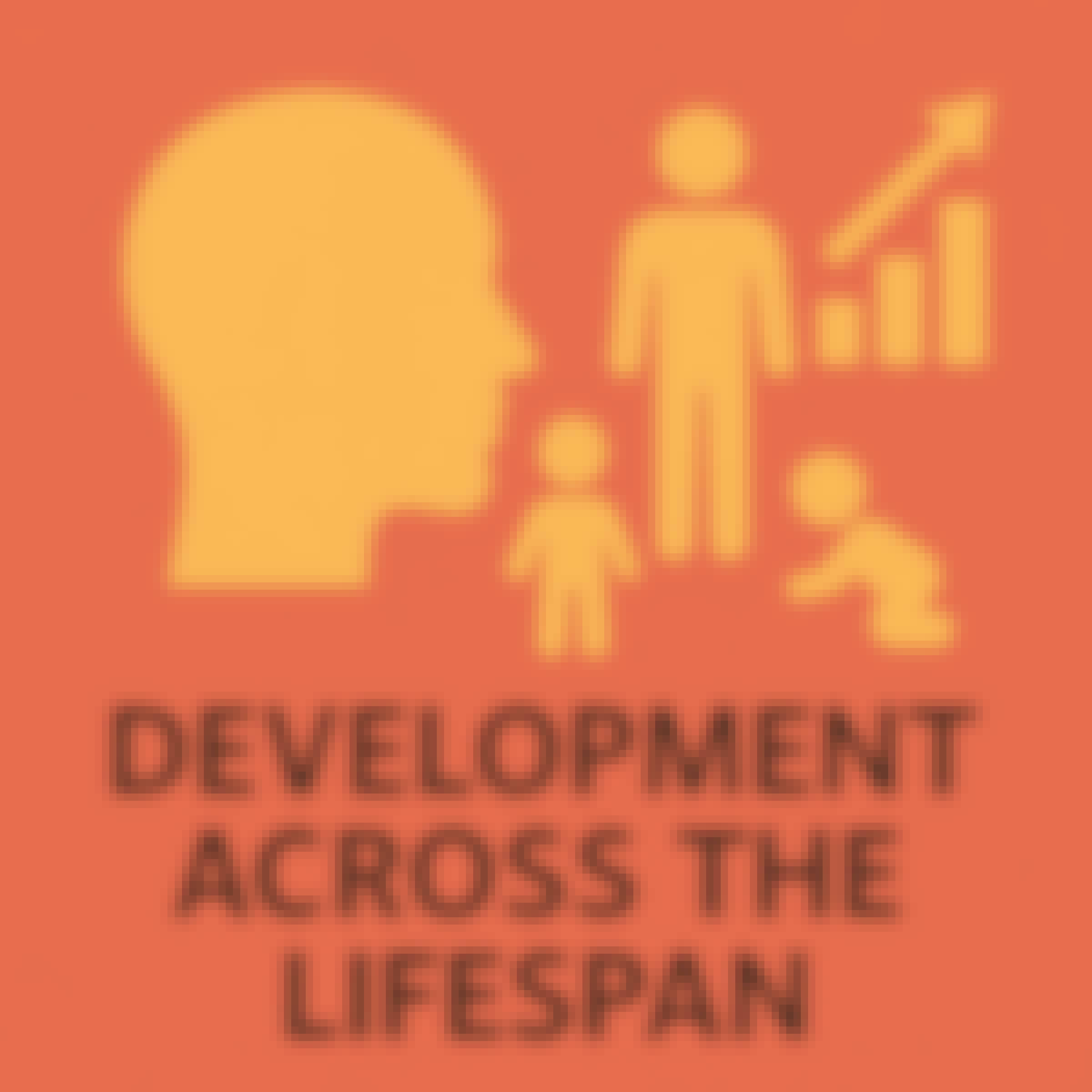- Browse
- Health Economics
Health Economics Courses
Health economics courses can help you learn cost-effectiveness analysis, health policy evaluation, and the economic impact of healthcare interventions. You can build skills in data analysis, budget forecasting, and understanding healthcare financing models. Many courses introduce tools like statistical software for analyzing health data and economic modeling techniques to assess the efficiency of healthcare programs.
Popular Health Economics Courses and Certifications
 Status: PreviewPreviewU
Status: PreviewPreviewUUniversity of Pittsburgh
Skills you'll gain: Competitive Analysis, Stakeholder Analysis, Business Planning, Medical Devices, Market Analysis, New Product Development, Regulatory Affairs, Product Development, Commercialization, Problem Solving, Innovation, Healthcare 5.0, Entrepreneurship, Value Propositions, Presentations
3.9·Rating, 3.9 out of 5 stars7 reviewsIntermediate · Course · 1 - 3 Months
 Status: PreviewPreviewU
Status: PreviewPreviewUUniversity of Pennsylvania
Skills you'll gain: Vital Signs, Respiration, Respiratory Care, Pulmonology, Pain Management, Physiology, Health Assessment, Cardiology, Thermal Management, Neurology, Patient Evaluation, Anatomy, Clinical Assessment
4.8·Rating, 4.8 out of 5 stars6.9K reviewsMixed · Course · 1 - 3 Months
 Status: Free TrialFree TrialA
Status: Free TrialFree TrialAAmerican Psychological Association
Skills you'll gain: Substance Abuse, Mental Health Diseases and Disorders, Clinical Psychology, Mental and Behavioral Health, Psychiatry, Psychological Evaluations, Mental Health, Cognitive Behavioral Therapy, Patient Evaluation, Diagnostic Tests, Behavioral Health, Psychotherapy, Psychiatric Assessments, Cultural Diversity, Epidemiology, Pharmacology, Neurology, Demography, Psychology, Pharmacotherapy
4.8·Rating, 4.8 out of 5 stars305 reviewsBeginner · Specialization · 3 - 6 Months
 Status: FreeFreeP
Status: FreeFreePPeking University
Skills you'll gain: Nurse Education, Nursing, Nursing and Patient Care, Health Systems, Health Disparities, Health Policy, Public Health, Nursing Administration, Nursing Practices, Health Care, Healthcare Industry Knowledge, Health Technology, Community Health, Health Care Procedure and Regulation
Mixed · Course · 1 - 3 Months
 Status: PreviewPreviewJ
Status: PreviewPreviewJJohns Hopkins University
Skills you'll gain: Triage, Crisis Intervention, Active Listening, Emergency Response, Trauma Care, Psychological Evaluations, Interpersonal Communications, Personal Care, Mental Health, Stress Management, Patient Referral
4.8·Rating, 4.8 out of 5 stars20K reviewsMixed · Course · 1 - 3 Months
 Status: PreviewPreviewY
Status: PreviewPreviewYYale University
Skills you'll gain: Growth Mindedness, Health And Wellness Coaching, Behavioral Health, Positive Behavior Support, Goal Setting, Resilience, Cognitive Behavioral Therapy, Psychology, Social Skills, Mindfulness
4.9·Rating, 4.9 out of 5 stars40K reviewsMixed · Course · 1 - 3 Months
 Status: PreviewPreviewY
Status: PreviewPreviewYYale University
Skills you'll gain: Psychology, Child Development, Psychiatry, Mental Health, Human Development, Human Learning, Social Sciences, Behavioral Health, Sociology, Neurology, Critical Thinking, Scientific Methods, Problem Solving
4.9·Rating, 4.9 out of 5 stars32K reviewsBeginner · Course · 1 - 3 Months
 Status: PreviewPreviewU
Status: PreviewPreviewUUniversity of Pennsylvania
Skills you'll gain: Environmental Issue, Food Safety and Sanitation, Nutrition and Diet, Manufacturing and Production, Production Process, Environment, Sustainability Standards, Sustainable Development, Pollution Prevention, Trend Analysis, Infectious Diseases, Public Health, Economics
4.7·Rating, 4.7 out of 5 stars256 reviewsBeginner · Course · 1 - 3 Months
 Status: PreviewPreviewY
Status: PreviewPreviewYYale University
Skills you'll gain: Investment Banking, Risk Management, Financial Market, Financial Regulation, Financial Services, Finance, Business Risk Management, Securities (Finance), Financial Policy, Enterprise Risk Management (ERM), Capital Markets, Behavioral Economics, Banking, Corporate Finance, Governance, Investments, Insurance, Underwriting, Derivatives, Market Dynamics
4.8·Rating, 4.8 out of 5 stars32K reviewsBeginner · Course · 1 - 3 Months
 Status: FreeFreeJ
Status: FreeFreeJJohns Hopkins University
Skills you'll gain: Interviewing Skills, Rapport Building, Interpersonal Communications, Active Listening, Epidemiology, Healthcare Ethics, Infectious Diseases, Investigation, Public Health and Disease Prevention, Public Health, Health Technology, Community Health, Medical Privacy
4.9·Rating, 4.9 out of 5 stars95K reviewsBeginner · Course · 1 - 3 Months
 Status: PreviewPreviewU
Status: PreviewPreviewUUniversity of Colorado Boulder
Skills you'll gain: Exercise Science, Kinesiology, Physiology, Sports Medicine, Nutrition and Diet, Pharmacology, Public Health and Disease Prevention, Immunology, Preventative Care, Respiration, Athletic Training, Endocrinology, Chronic Diseases, Vital Signs, Biochemistry, Public Health, Mental Health
4.8·Rating, 4.8 out of 5 stars4.7K reviewsBeginner · Course · 1 - 4 Weeks
 Status: NewNewStatus: PreviewPreviewO
Status: NewNewStatus: PreviewPreviewOO.P. Jindal Global University
Skills you'll gain: Hospice, Infant Care, Mental Health Diseases and Disorders, Mental Health, Prenatal Care, Cognitive Behavioral Therapy, Critical Thinking
Build toward a degree
Beginner · Course · 3 - 6 Months
In summary, here are 10 of our most popular health economics courses
- idea 2 IMPACT: An Introduction to Translating Assistive Health Technologies and Other Products: University of Pittsburgh
- Vital Signs: Understanding What the Body Is Telling Us: University of Pennsylvania
- Psychology of Anxiety, Mood, Substance Use, and Addictive Behaviors: American Psychological Association
- International Perspectives on Health and Nursing 健康和护理的国际化视角: Peking University
- Psychological First Aid: Johns Hopkins University
- The Science of Well-Being: Yale University
- Introduction to Psychology : Yale University
- Feeding the World: University of Pennsylvania
- Financial Markets: Yale University
- COVID-19 Contact Tracing: Johns Hopkins University










